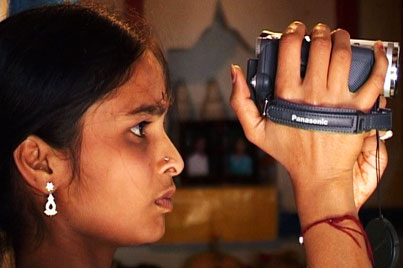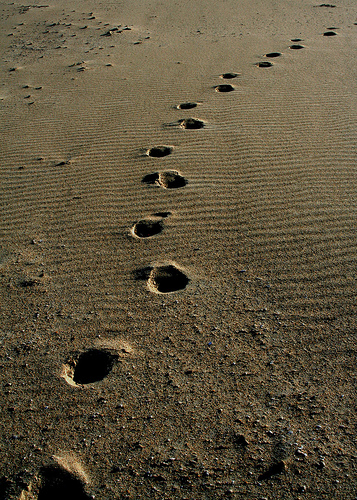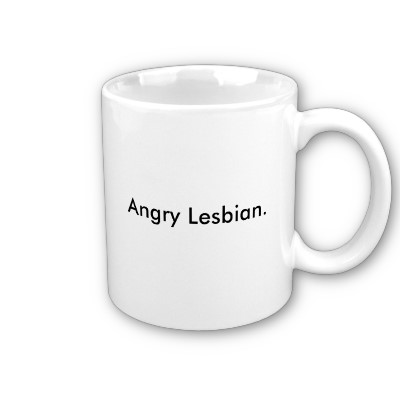It's only been a few months since the LFFF's initial email to me, but judging from the film festival's program, the organizers efforts have really paid off. It's not every day I get to see I'm impressed with an organization's outreach efforts (and results). So, I'd like to take this…
-
-
The London Feminist Film Festival Seeks Submissions from African Women Filmmakers
The very first London Feminist Film Festival, held between Nov 29 - Dec 2, 2012 at the Hackney Picturehouse, is seeking submissions from African feminists. The organizers are actively working to solicit submissions from filmmakers with diverse backgrounds, including the LGBTI Diaspora. I may actually submit something, given how visually…
-
Year in Review: Top 5 Posts from Last Year
I can't describe how powerful and affirming the experience of looking through pages and pages of words has been; from stream of consciousness prose to pensive morning reflections, from photo-poetry to snippets and chapters from upcoming book projects, I really am blown away by how far I've walked, mentally and…
-
Preventing LGBT Youth of Color Suicides: A Case for Diversity
An strong sense of urgency to end the “epidemic of LGBT youth suicides†has led to a push for more LGBT-based protections and formal systems of support (e.g the creation of more Gay Straight Alliances in schools and colleges). However, these singular-identity based solutions fail to adequately address the problem…
-
A Rant — The Ugly Business of Good Social Causes
I really wish the LGBT and non-profit industry in general would stop hiding behind "good causes" and own their mistakes/shortcomings so we can all move forward.



